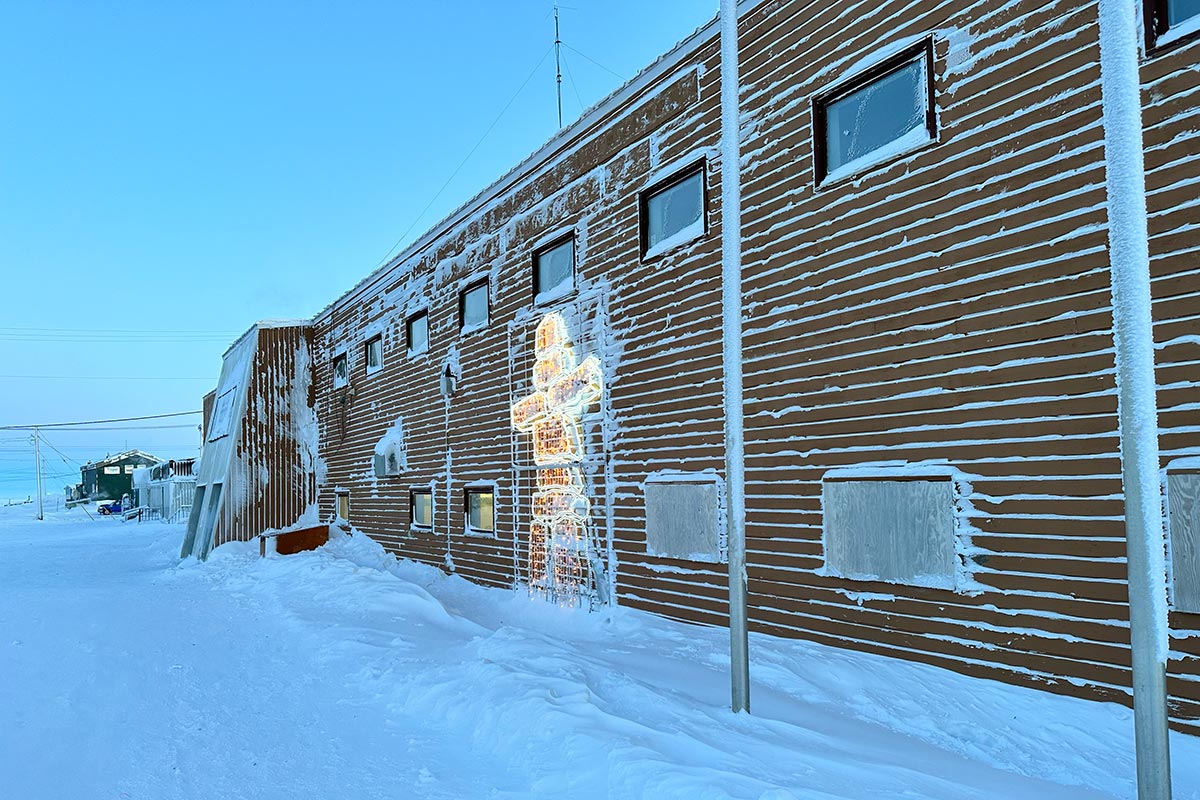SPPA Professor Stephan Schott is part of an interdisciplinary group of researchers at Carleton University who are working to harness the power of chemistry to make northern heating more practical.
Excerpts from Carleton Newsroom article by Ty Burke
___
Heating buildings in the far north is a major challenge, and it isn’t just because of the cold.
Northern communities rely primarily on diesel fuel to meet their heating needs, which is expensive, heavily polluting and associated with negative health impacts. But many alternatives just aren’t practical in northern environments: natural gas isn’t available and creates greenhouse gas emissions, permafrost makes geothermal exchange heating systems impossible, solar energy is hard to generate during the long, dark months of winter, and batteries aren’t capable of storing sufficient amounts of electricity through extended periods of extreme cold.
As a result, northern communities rely on diesel fuel shipped to communities on planes, trucks or by ship, consuming more than 176 million litres of diesel each year and generating additional pollution from transporting the diesel.
An interdisciplinary group of researchers at Carleton University are working to harness the power of chemistry to make northern heating more practical – and hopefully cheaper too. A new, five-year Natural Sciences and Engineering Research Council (NSERC) Alliance grant will support mechanical and aerospace engineering professor Jean Duquette and his team in designing and prototyping a solar-driven adsorption thermal energy storage system – or SATES, for short.
 On the engineering side of the project, Duquette will be working with his departmental colleague Ron Miller. Meanwhile, Carleton economists Maya Papineau and Stephan Schott will quantify the systems’ environmental and social welfare effects and Schott will bring his expertise in community engagement and public policy in the North. The researchers are also collaborating with partners at CanmetENERGY-Ottawa, Polar Knowledge Canada (POLAR) and the Municipality of Cambridge Bay in Nunavut.
On the engineering side of the project, Duquette will be working with his departmental colleague Ron Miller. Meanwhile, Carleton economists Maya Papineau and Stephan Schott will quantify the systems’ environmental and social welfare effects and Schott will bring his expertise in community engagement and public policy in the North. The researchers are also collaborating with partners at CanmetENERGY-Ottawa, Polar Knowledge Canada (POLAR) and the Municipality of Cambridge Bay in Nunavut.
“The key to success of such a project is to have local support and community buy-in. This will ensure that systems can be properly maintained and expended in the future. We hope to achieve this through our project and provide opportunities for local employment and sourcing of waste materials as an input into the technology,” says Schott.
Read full article here.
